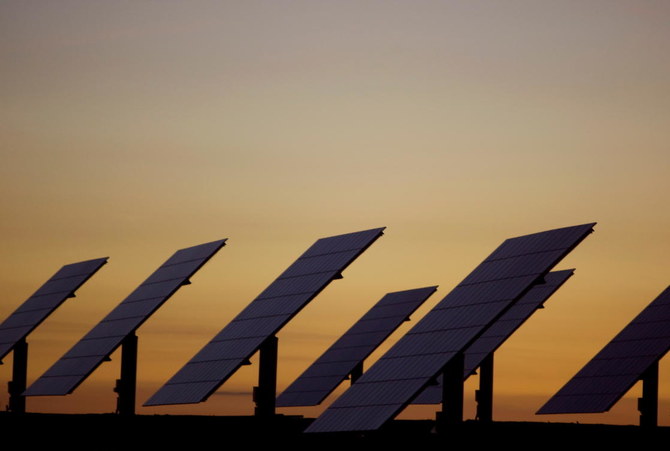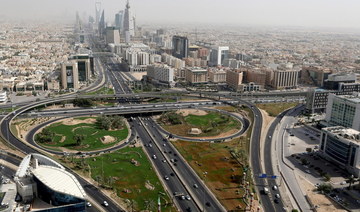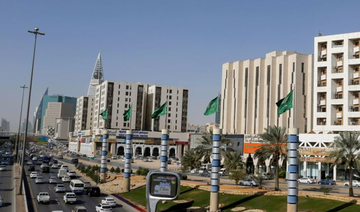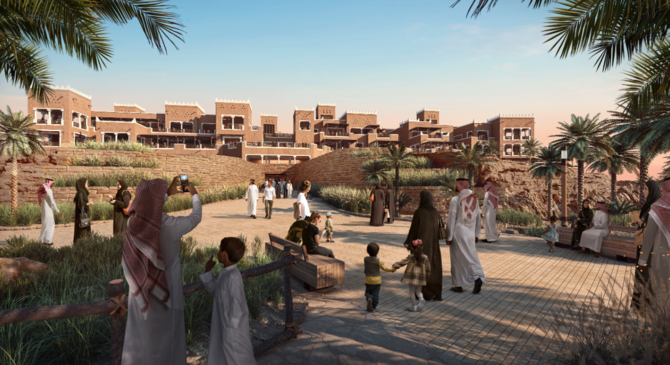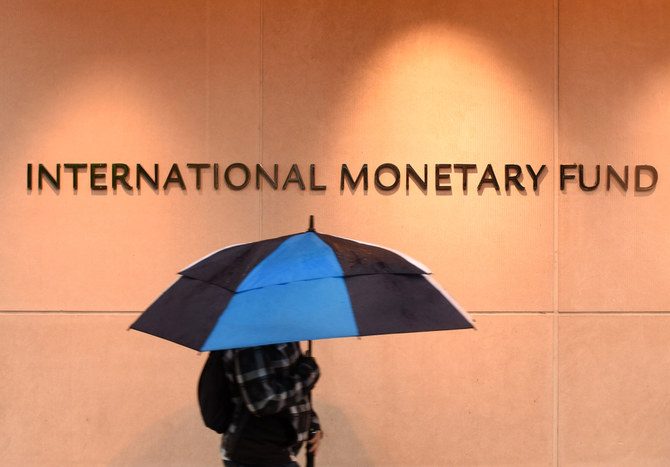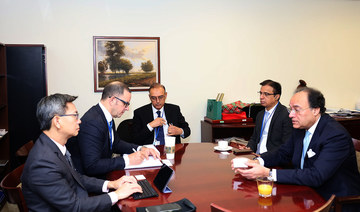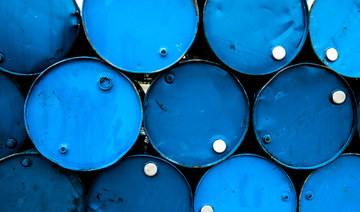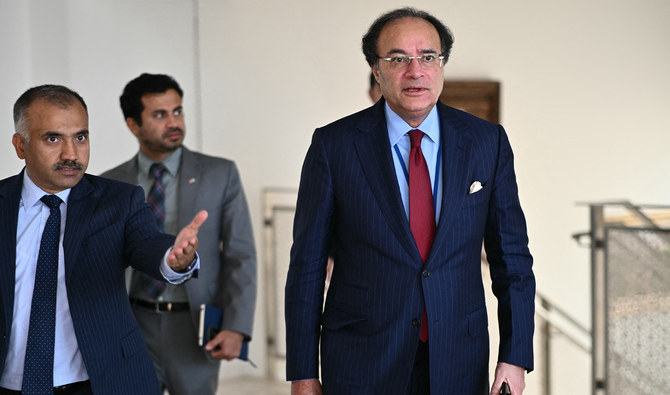RIYADH: Demand for green sukuk will benefit from rising global investor appetite for ESG, according to Moody’s ESG Solutions.
It comes as sustainable assets reached $40 trillion in 2020, far in excess of the $2.4 trillion total size of the Islamic financial services industry.
“This illustrates the potential for a much larger pool of investors for green and sustainable Islamic bonds,” Rahul Ghosh, managing director – ESG outreach and research at Moody’s ESG Solutions, told Arab News. “Demand for green and sustainable sukuk will benefit from robust growth in institutional investor demand for ESG products, given the natural crossover of sustainable investing and Islamic finance in integrating societal impacts.”
The rise of investing that prioritizes environmental, social and governance (ESG) issues is rapidly reshaping the Gulf’s financial landscape as corporations increasingly weave  ESG principles into their businesses and borrowings.
ESG principles into their businesses and borrowings.
The synergies with Shariah-compliant investing have also become apparent in some recent regional debt sales such as the $2.5 billion “sustainability sukuk” launched by Jeddah-based Islamic Development Bank in March, with its proceeds used to finance both green and social development projects.
“In common with investors in Shariah-compliant products, some sustainable investors use screening strategies to avoid certain activities and products to better align themselves with the values and goals of developing a sustainable society,” said Ghosh. “Sukuk funding of environmentally sustainable projects, such as renewable energy assets, appeals to both traditional Islamic investors and conventional investors such as pension funds, asset managers and financial institutions.”
The trend could have major implications for Gulf states seeking to invest heavily in the renewables sector such as Saudi Arabia which aims to power half the country with renewable sources by 2030 under a green initiative.
The regional opportunity to deliver renewables projects and low carbon fuels was highlighted by Moody’s Investors Service last month in a report on the global energy transition
“As a sunny region, the GCC has a natural competitive advantage in solar power, and its longtime experience with water desalinization offers a further edge to be able to capitalize on new technologies such as green hydrogen, produced through hydrolysis using power from the renewables,” it said.
Such projects represent a major opportunity for both ESG and Shariah-focused investing.
However, some challenges remain for the sector according to Ghosh.
“The market will need to overcome structural hurdles if it is to reach critical mass, however. For example, issuers face additional qualifying criteria, costs and reporting requirements to meet both green and Islamic markets standards.”
S&P Global Ratings also anticipates potential headwinds for the sector.
“The additional complexity of green sukuk and the slow implementation of the energy transition agenda suggest that market dynamics will not change in the next one-to-two years,” it said in a report this month.



